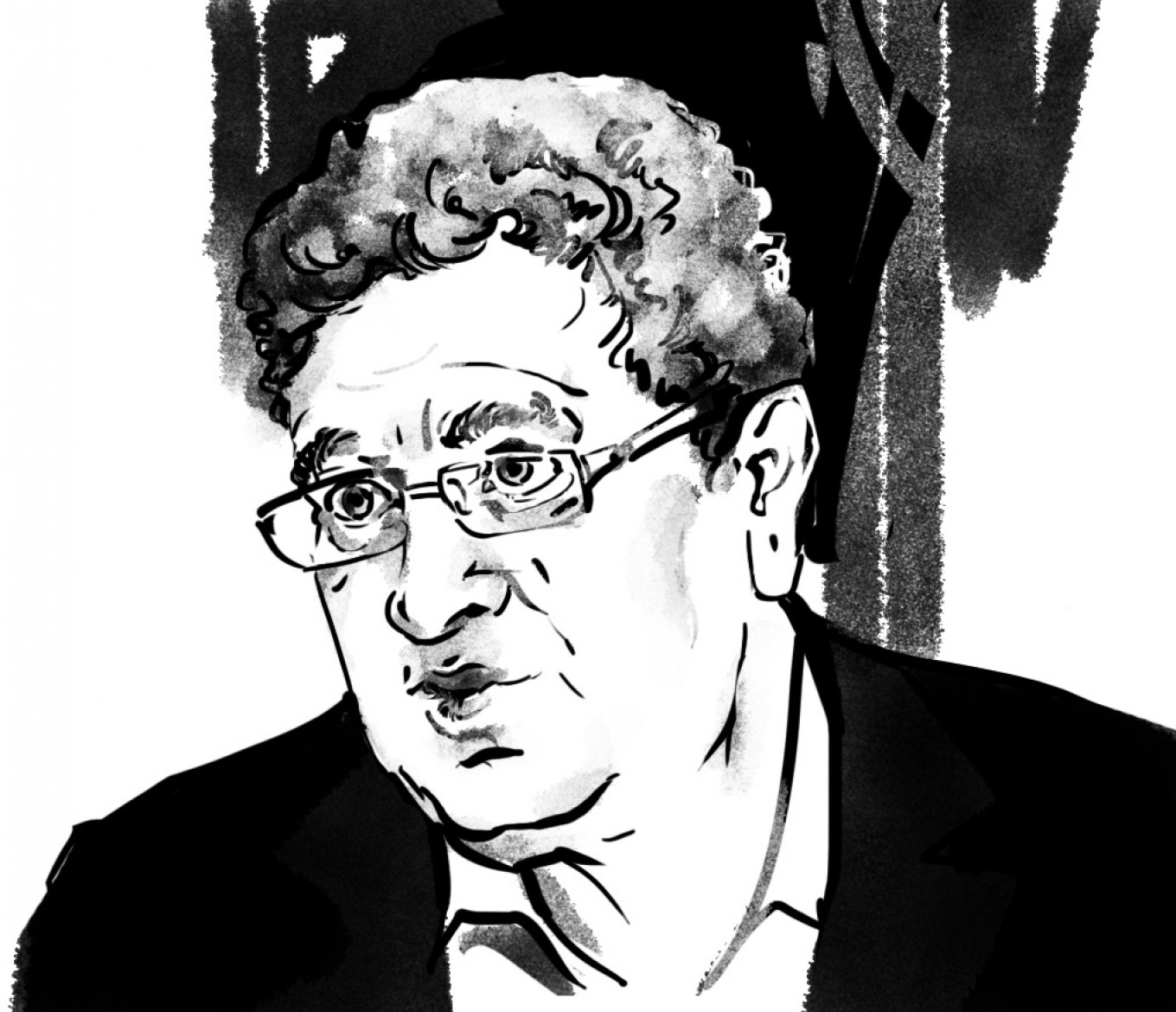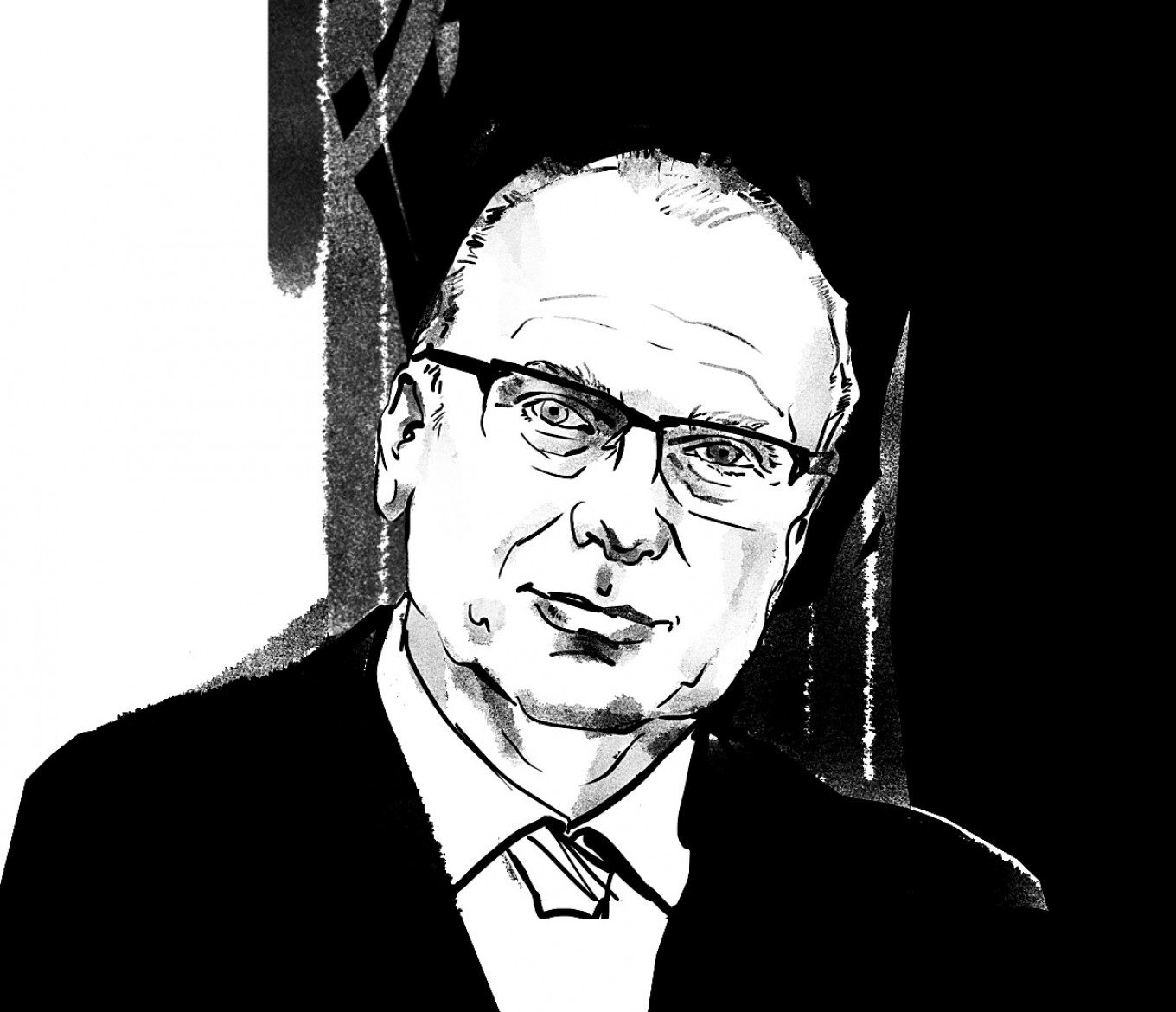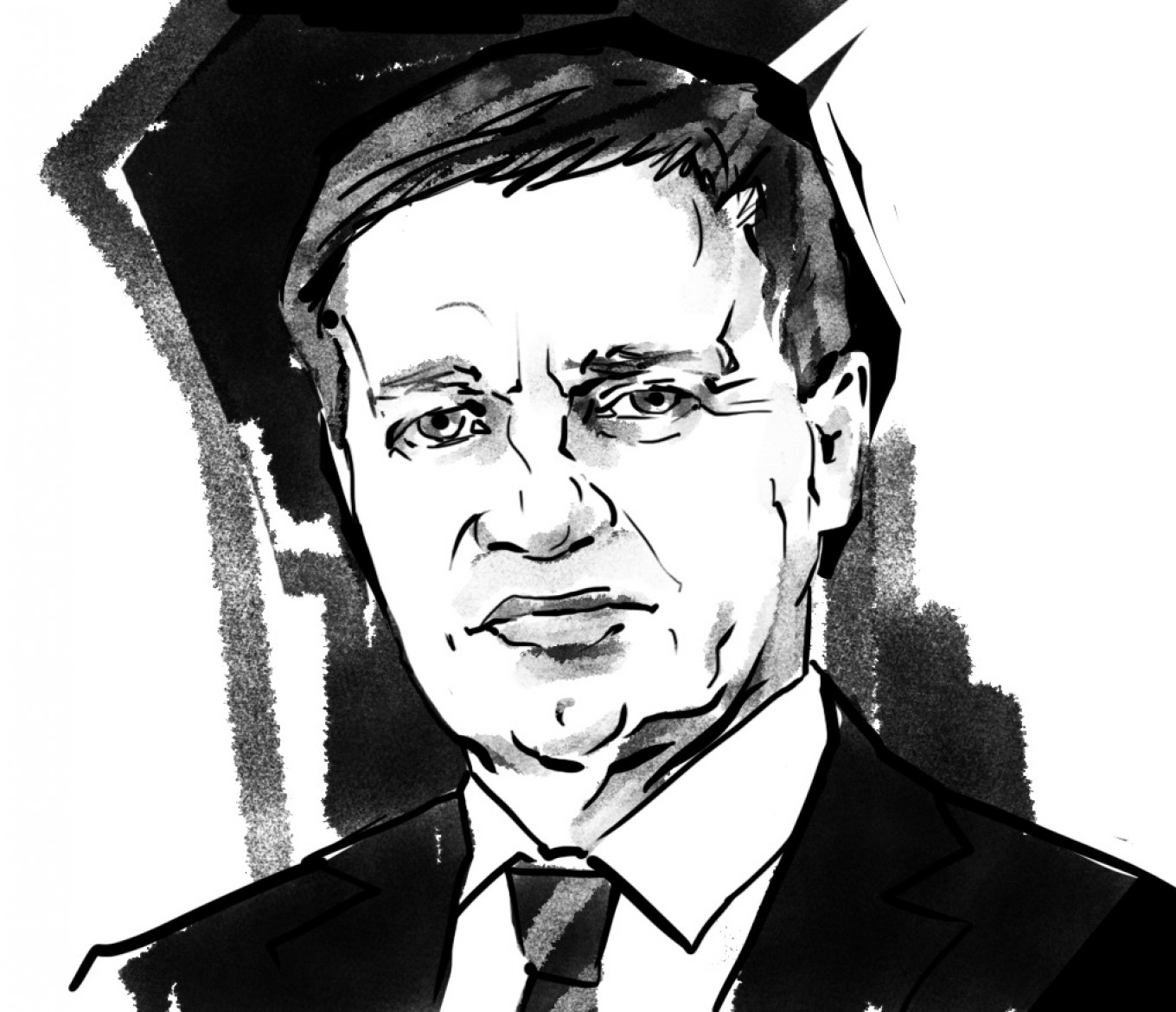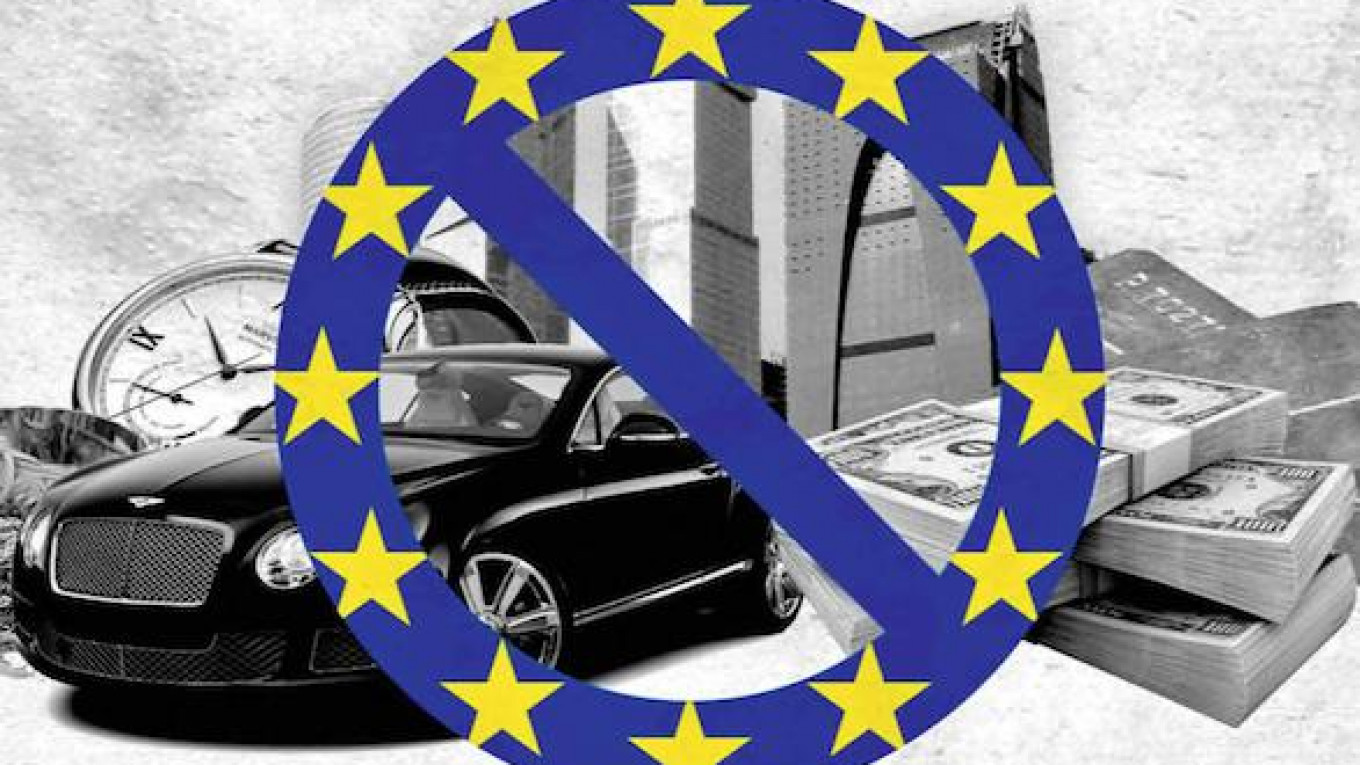For Philippe Pegorier, it was vindication.
Three months after he narrowly lost a vote to be re-elected chairman of the Association of European Businesses, Russian President Vladimir Putin signed a decree awarding Pegorier the Order of People’s Friendship, the highest honor that can be bestowed on foreigners.
“The Russians voted after the elections. They made a very clear choice,” says Pegorier, who is also the Russian head of French transport equipment manufacturing company Alstom.
The former French diplomat received the most votes in a vigorously contested April ballot among the AEB’s approximately 500 members to select a nine-member board. But Pegorier was out-maneuvered at the subsequent meeting of the board, which chose Thomas Staertzel, the Russian head of German car manufacturer Porsche and a relatively unknown figure in AEB circles, as chairman by five votes to four.
The tussle for control of the AEB, the most influential foreign business association in Russia, is part of an ongoing debate within Europe over how to interact with Russia following the Ukraine crisis. Pegorier was seen by many Europeans in Moscow as too loud in his criticism of Western sanctions on Russia.
Four people with knowledge of the AEB’s elections, including current and former board members, suggested to The Moscow Times that Pegorier’s ouster was a result of pressure from European embassies.
‘An Internal Move’
The winner of the AEB’s elections to select the board would normally be automatically chosen as chairman at the first board meeting. So when the incumbent Pegorier received 28 votes, in joint first place with Alexander Liberov, the chief financial officer at German equipment manufacturer Siemens, he assumed the chairmanship would be his.
But a decision was taken by a group within the board to deny him the position. Staertzel, who came fourth in the AEB-wide ballot, became the figurehead for the anti-Pegorier faction.
“There was an internal move,” says the Russia head of one European company familiar with the situation.
The announcement of Staertzel’s victory provoked surprise, and some anger, within the Moscow community. “There was a bit of an emotional reaction,” says a different head of a European company in Russia.
Unlike Pegorier, who is well-known in AEB circles, Staertzel’s only interaction with the AEB during his seven years in Moscow was as a member of the Automobile Manufacturers Committee.
Staertzel met with a Moscow Times reporter but refused to allow material from the two-hour interview to be used in print. “My job is to unite, to respect different positions within the board, and to ensure an open, transparent and valued exchange of ideas for constructive solutions and decisions in the interest of our members,” he said in written comments.
There are no allegations any rules were broken in the election process, but the perception of an anti-democratic decision has left some members with an unpleasant aftertaste.
“This was a palace coup, not a revolution,” says the deputy head of one AEB committee.

External Pressure?
Pegorier declines to name those he accuses of masterminding his removal, but says he was under pressure from both European ambassadors in Moscow and the EU delegation to Russia over his stance on sanctions.
“Of course some EU ambassadors tried to influence me and tried to influence members of the board,” he says. At least three other people familiar with the situation at the AEB said political pressure was exerted from the outside.
But the charge is vigorously rejected by Frank Schauff, the AEB’s chief executive. “Any attempt to push in a certain direction by the embassies would lead to a severe conflict — but it’s never happened,” he says.
The official EU delegation to Russia maintained that it respects AEB independence. “The EU delegation has no role in the formulation of positions by the AEB,” the delegation said in a statement sent to The Moscow Times.
Two people with knowledge of the situation said the campaign to install Staertzel was coordinated by German equipment manufacturer Siemens, a competitor of Pegorier’s firm, Alstom. Alexander Liberov, chief financial officer of Siemens in Russia, is now the AEB’s first deputy chairman, the second most powerful position on the board.
Siemens did not respond to multiple phone calls and a written request seeking comment.
Kremlin Intervention
Putin’s decision to recognize Pegorier’s work is not the first time he has been honored by Russia. In May 2015, Russian Foreign Minister Sergei Lavrov presented Pegorier with an award for his “contribution to international cooperation.”
Pegorier maintains that both awards show the support he has among Russian officials.
The honors are particularly striking given that the AEB’s long-serving previous chairman, Reiner Hartmann, never received any official Russian awards. Hartmann declined to comment for this article.
The Kremlin has long been seen as attempting to exploit differences between European countries to water down EU-wide enthusiasm for sanctions. Pegorier’s criticism of the EU would have been music to the ears of Russian officials, according to one businessman in Moscow with an AEB position. “It’s definitely what the Russians wanted to hear from European businesses in Russia,” he says.

Pegorier’s Reign
Pegorier was first elected chairman by the AEB’s board in May 2014 as relations between the EU and Russia deteriorated to their worst level since the Cold War.
Russia annexed the Ukrainian region of the Crimean Peninsula in February of that year, and soon after began support for a separatist rebellion in eastern Ukraine. The EU responded with three waves of economic sanctions targeting Russian companies, banning certain high-technology exports to Russia and limiting Russia’s ability to raise capital abroad.
The AEB offered little condemnation of sanctions in the final months of Hartmann’s tenure, but under Pegorier, it became an outspoken opponent of the EU’s position and issued regular press releases critical of the restrictive measures.
Pegorier himself often appeared on Russian state-owned television channels to condemn sanctions and he lobbied the governments of all 28 EU members to reconsider sanctions.
“Whether Russia is wrong or not doesn’t appear on your company’s balance sheet,” says Pegorier. “The members are ready to pay for one thing: influence on the Russian authorities. If we don’t have the confidence of the authorities, we can pack our bags and go home.”
But his attacks on the EU began to raise eyebrows. “Pegorier had become too outspoken that sanctions were a bad thing,” says the AEB committee deputy chairman. “He would get on his soapbox at the drop of a hat. And he didn’t care who was listening.”
Schauff points out that an AEB survey in 2015 showed less than 20 percent of the organization’s members were affected by sanctions — many were more preoccupied with battling the effects of a ruble collapse and an economic recession.
Beyond the AEB
The AEB is not the only foreign business organization in Moscow to have seen a high-profile departure this year.
The Russo-British Chamber of Commerce announced in August that its Russia director, Alan Thompson, was leaving. In March, the German-Russian Chamber of Commerce, replaced its long-serving chairman of the board, Michael Harms, with Matthias Schepp, a former Moscow bureau chief for newspaper Der Spiegel.
At least in Thompson’s case, the same dynamics as at the AEB appear to have been in play, with a perception that he was too far from the official London line on Russia. “Alan was sacked by the new ambassador,” says Pegorier, referring to Laurie Bristow, the British ambassador who took up his post in January.
“How is it that he [Thompson] became a problem? He has just been talking to people,” says a person familiar with Thompson’s departure.
A British Embassy spokesperson says: “This is a matter for the RBCC.”
One member of the RBCC board says Thompson’s departure was the result of a personal conflict. Former British ambassador to Moscow Anthony Brenton, also a board member at RBCC, says he was not aware of any acrimony but adds: “You can get into very hot water if you go beyond the line of what is commercially defensible.”

‘German Takeover’
The battle lines within Russia’s foreign business associations often reflect the real political differences between European countries over the issue of sanctions.
The EU sanctions on Russia must be unanimously renewed by all member states every six months and a political struggle in Brussels is expected before they expire at the end of 2016.
Countries like Italy, Hungary, Slovenia and Greece are known to favor their cancellation while governments in the north and east of the bloc, particularly the United Kingdom, Poland and the Baltic states, support a harder line with Russia. Berlin’s stance is seen as decisive.
Most of the voting in the AEB’s elections is done along national lines, with, for example, French companies voting for French candidates. Germans who stand for office have the edge because German companies are the most numerous — French and British companies are the second and third most well-represented.
Alliances are formed along the same principle. The head of one foreign company in Moscow accuses Pegorier of seeking to pack the board with Italians — who are more likely to reflect the line from Rome and back a vocal anti-sanctions position.
One British businessman in Moscow describes the ouster of Pegorier as a “German takeover.” All significant positions within the AEB are currently held by representatives of German companies: chairman, first deputy chairman and chief executive.
“German control of all the key positions in the AEB is unacceptable,” says Pegorier, who draws a parallel between himself and Charles de Gaulle, the 20th-century statesman who dominated French politics for three decades.
“After World War II, De Gaulle was voted out of government. But he came back,” says Pegorier.
A Message from The Moscow Times:
Dear readers,
We are facing unprecedented challenges. Russia's Prosecutor General's Office has designated The Moscow Times as an "undesirable" organization, criminalizing our work and putting our staff at risk of prosecution. This follows our earlier unjust labeling as a "foreign agent."
These actions are direct attempts to silence independent journalism in Russia. The authorities claim our work "discredits the decisions of the Russian leadership." We see things differently: we strive to provide accurate, unbiased reporting on Russia.
We, the journalists of The Moscow Times, refuse to be silenced. But to continue our work, we need your help.
Your support, no matter how small, makes a world of difference. If you can, please support us monthly starting from just $2. It's quick to set up, and every contribution makes a significant impact.
By supporting The Moscow Times, you're defending open, independent journalism in the face of repression. Thank you for standing with us.
Remind me later.





